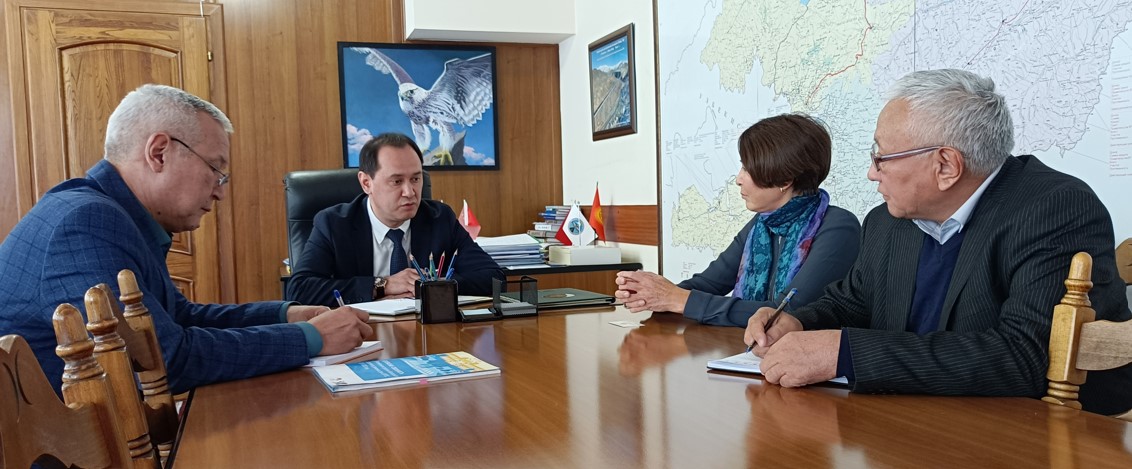
“Advocacy, commitments, funding, and implementation of interventions which do not reduce deaths and injuries are wasting time and resources,” says the Alliance’s Director of Research and Accountability Chika Sakashita.
In her perspective, governments and NGOs, along with private sector and academia, have accountability for fulfilling the respective roles set out for them in the Global Plan for the Decade of Action for Road Safety 2021–2030 (Global Plan). By doing so they will play their part in achieving the target to reduce road traffic deaths and injuries by 50% by 2030.
“The Global Plan tasks governments with the primary accountability to design a safe road transport system and implement a road safety action plan based on evidence of what works. It calls on NGOs to help ensure government accountability,” adds Chika.
It is important to keep in mind that national, state, and city governments are, in the first instance, accountable to the communities and people that they govern. People’s daily lives, including their work, education, grocery shopping, and other needs, are the reason the roads and transport systems exist. This means that:
Road safety NGO accountability lies in ensuring that the governments meet all that they are accountable for above. Road safety NGOs can achieve this through advocacy by:
It is the Alliance’s role and accountability to support our road safety NGOs to effectively do the above. At the Global Meeting of Nongovernmental Organizations Advocating for Road Safety and Road Victims in El Salvador, the Alliance will launch the Accountability Toolkit and provide orientation sessions to support NGOs in using the Toolkit to play their part in the Decade of Action.”